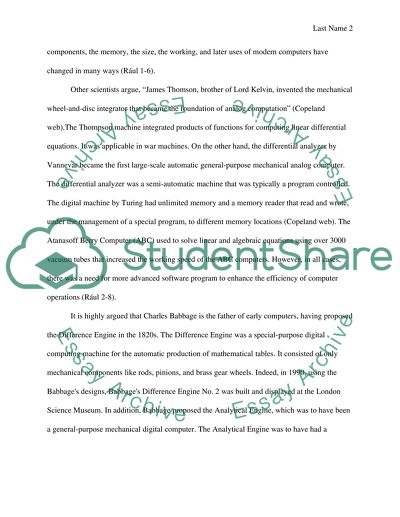Cite this document
(“Computers. Who invented the computer How did early computers work What Research Paper”, n.d.)
Computers. Who invented the computer How did early computers work What Research Paper. Retrieved from https://studentshare.org/english/1449281-computerwho-invented-the-computer-how-did-early
Computers. Who invented the computer How did early computers work What Research Paper. Retrieved from https://studentshare.org/english/1449281-computerwho-invented-the-computer-how-did-early
(Computers. Who Invented the Computer How Did Early Computers Work What Research Paper)
Computers. Who Invented the Computer How Did Early Computers Work What Research Paper. https://studentshare.org/english/1449281-computerwho-invented-the-computer-how-did-early.
Computers. Who Invented the Computer How Did Early Computers Work What Research Paper. https://studentshare.org/english/1449281-computerwho-invented-the-computer-how-did-early.
“Computers. Who Invented the Computer How Did Early Computers Work What Research Paper”, n.d. https://studentshare.org/english/1449281-computerwho-invented-the-computer-how-did-early.


